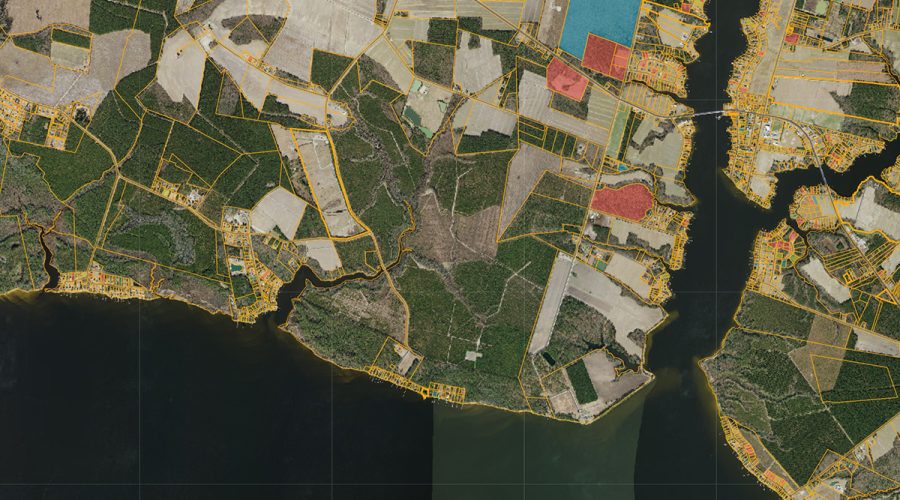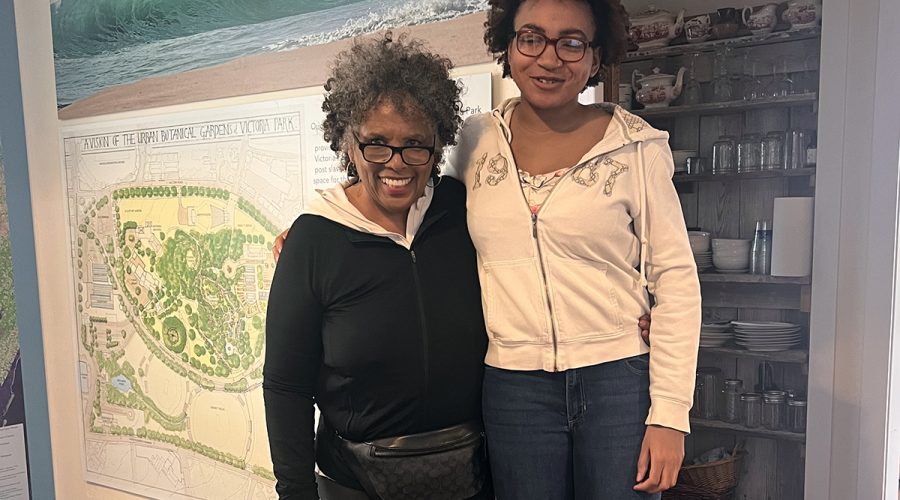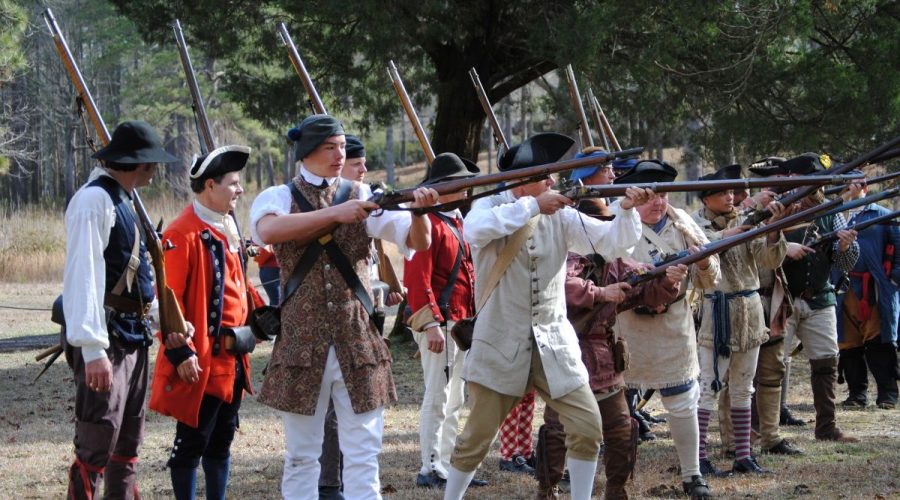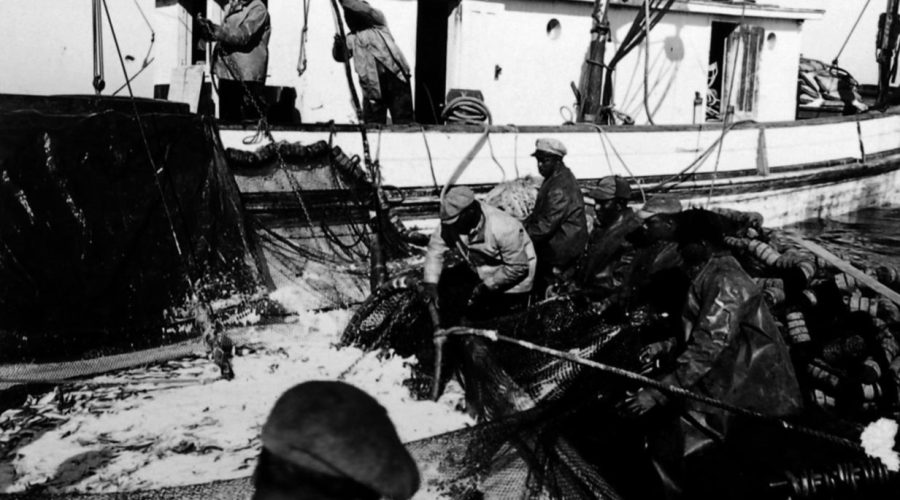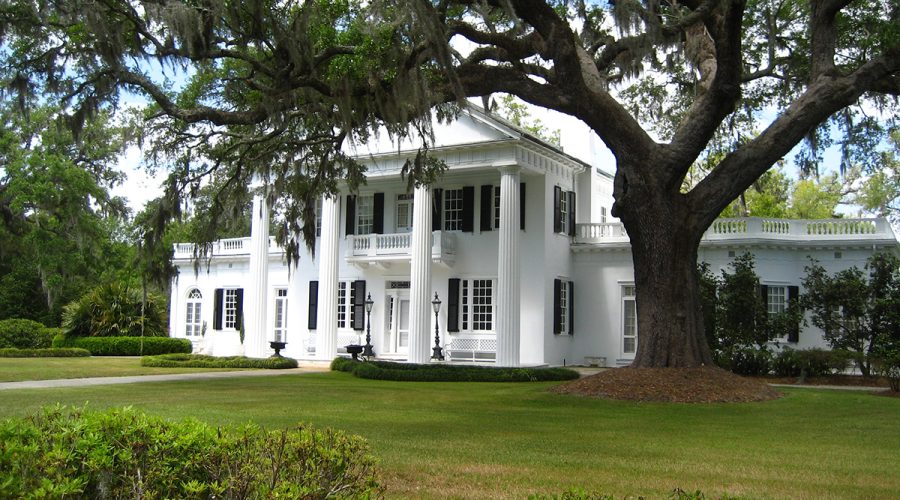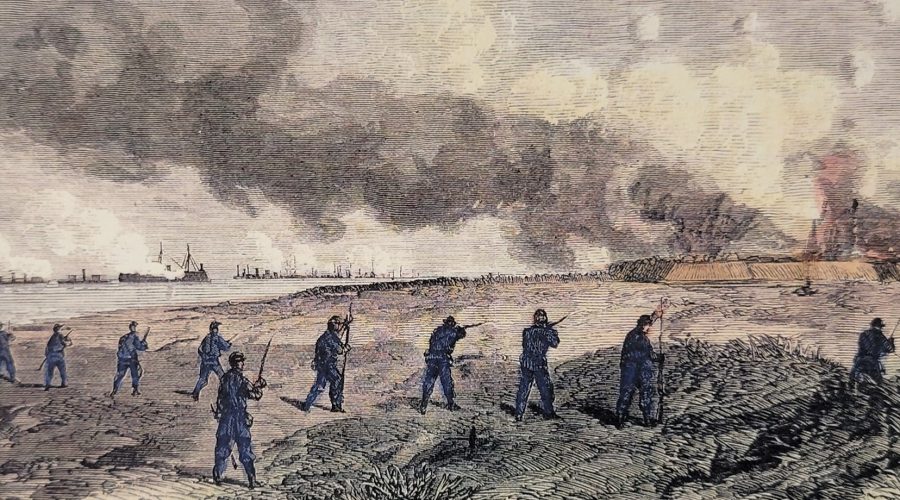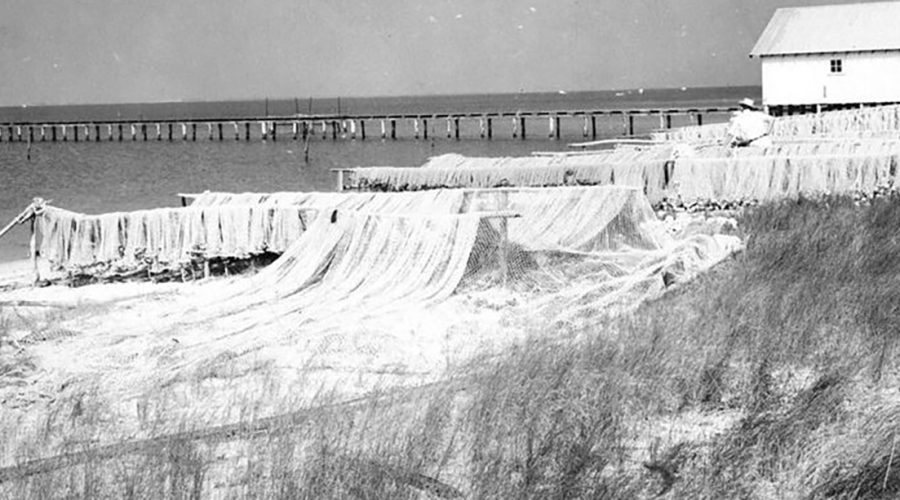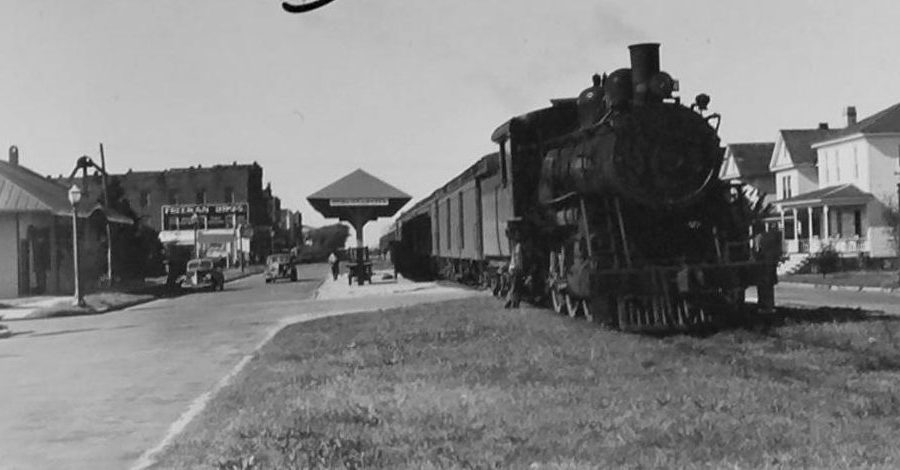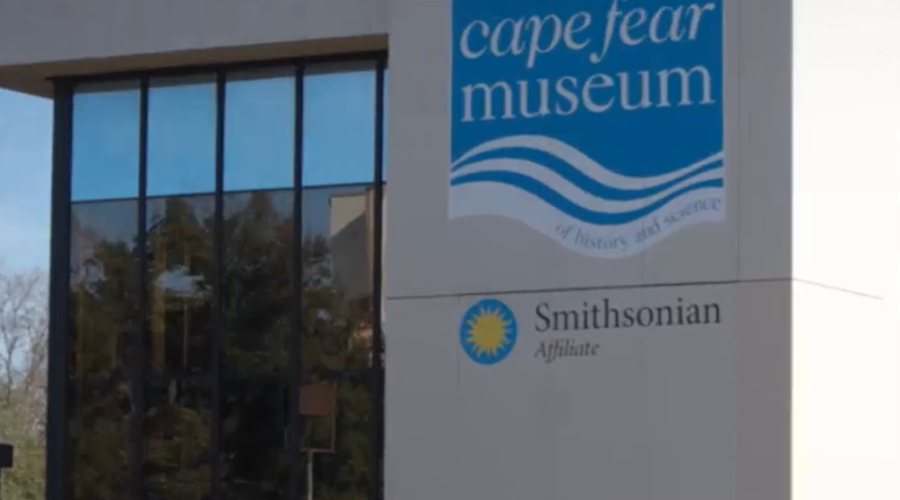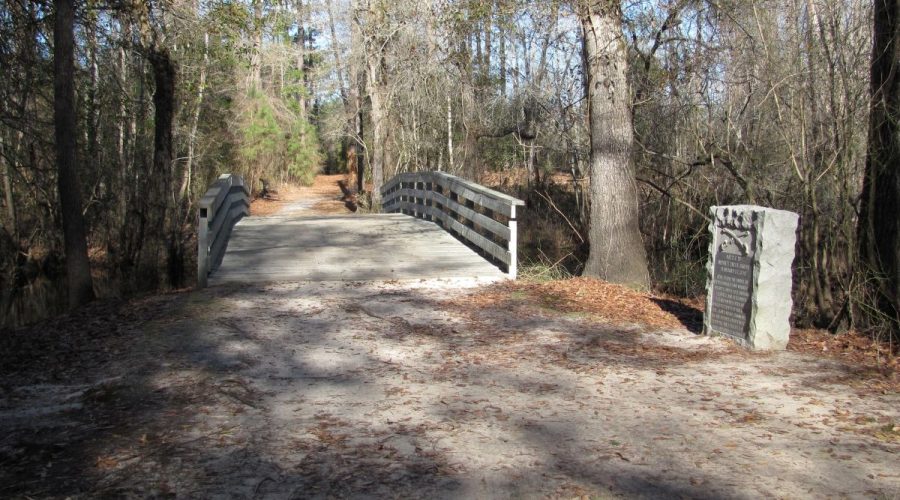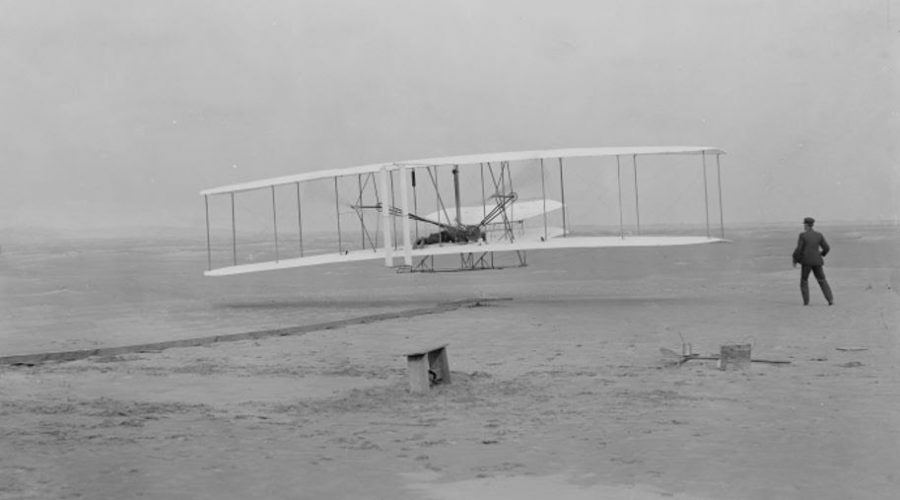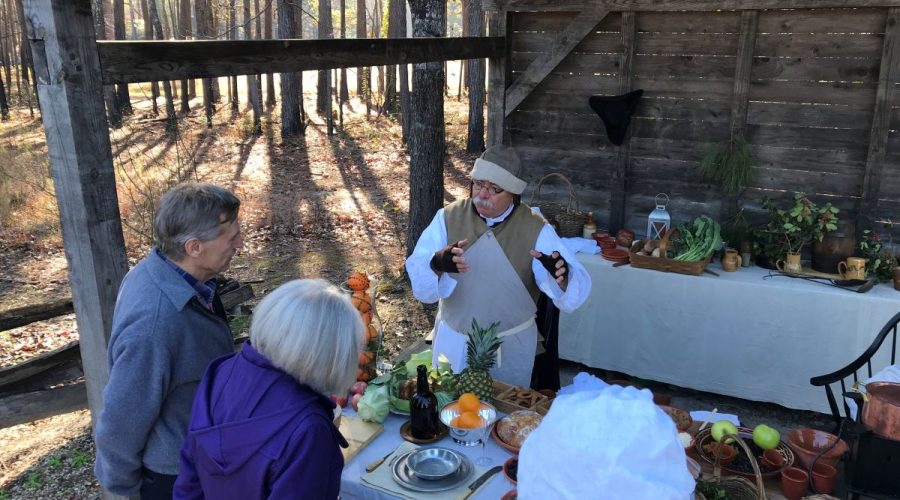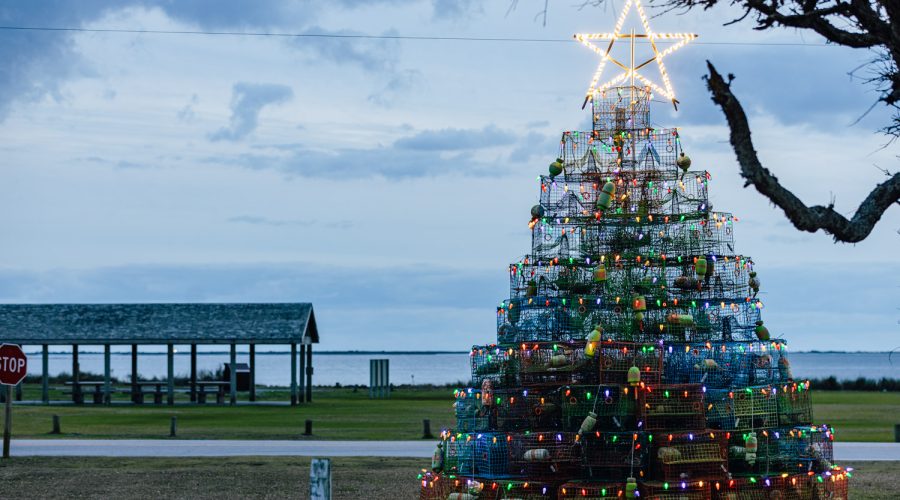The N.C. Division of Coastal Management has granted a request by the Corps of Engineers to indefinitely pause the division’s review of whether the proposed project conforms with state coastal management program laws, regulations and policies.
culture and history
Historic Bath group urges seller to preserve significant tract
The Historic Bath Foundation says the 1,768-acre tract known as Archbell Point near Bath contains remnants of Native American and early colonial inhabitants.
Raising awareness of Outer Banks history on Eastern Shore
Joan Collins shares how she is thrilled to have been invited by The Water’s Edge museum in Oxford, Maryland, to talk next month about her family’s deep ties to Roanoke Island and the U.S. Life-Saving Service.
‘Colonial Topsail’ event to celebrate America’s 250th
Children’s activities, guest speakers, a “tea party” on the Intracoastal Waterway, demonstrations by weavers and spinners, an encampment of reenactors, and Virginia Reel dance lessons are all on the schedule for the Historical Society of Topsail Island’s celebration of America’s 250th Anniversary.
‘Smell of money’: Menhaden Chanteymen’s music still echoes
The last surviving member of the Menhaden Chanteymen of Beaufort’s former industry has died, but while “Fishtowne’s” processing plant and its associated aroma are in the past, the once-proud laborers’ work songs live on.
Harbor project may risk Orton, other Cape Fear historic sites
Advocates for and owners of historic sites near the North Carolina Port of Wilmington urge the state to object to a proposed federal project to deepen and widen the harbor to accommodate larger ships.
Fort Fisher to observe anniversary of capture during Civil War
During the commemoration Jan. 17, living history displays, artifact highlights and family activities are planned as well as artillery demonstrations.
Jacksonville to host annual African American Read-In
The city of Jacksonville will host the 22nd annual African American Read-In on Feb. 1 at the Jack Amyette Recreation Center.
Our Coast: On the shores of Harkers Island, 1944
Historian David Cecelski looks beyond the tranquil scene in this image featuring Capt. Stacy Davis, his fish house and nets on Harkers Island, and at the great upheaval here in the years between the 1933 hurricane and just after World War II.
Artist presents painting of beloved historian Darrell Collins
Darrell McNary Collins, who died last year on Christmas Eve and was a historian at the Wright Brothers National Memorial for more than 40 years, is memorialized in James Melvin’s painting, “A Legacy of Greatness.”
Our Coast: On the ‘Old Mullet Road’ 1942
Historian David Cecelski looks in this photo-essay in his “Working Lives” series, at several photographs that feature workers on a railroad that old timers called the “Old Mullet Road.”
Cape Fear Museum to temporarily close for move to new location
The Cape Fear Museum of History and Science in Wilmington will be temporarily closed beginning Dec. 31 to allow for the preparation and relocation of more than 400 artifacts to the museum’s new location.
Moores Creek invites food vendors to 250th commemoration
Moores Creek National Battlefield officials are inviting local food trucks to take part in its two-day 250th anniversary celebration being held in late February.
Wright Brothers’ first flight anniversary celebration Dec. 17
Park fees are waived Dec. 17 at Wright Brothers National Memorial when the National Park Service and supporting organizations celebrate the accomplishments of Wilbur and Orville Wright on the 122nd anniversary of their first heavier-than-air, controlled, powered flight.
Colonial-themed Christmas event Dec. 13 at Moores Creek
Park staff, volunteers and historians will provide a variety of programs focused on celebrating Christmas in the 18th century.
Holiday lights are aglow ahead of annual Waterfowl Weekend
The Core Sound Waterfowl Museum and Heritage Center is celebrating the holidays and heritage with its annual Waterfowl Weekend set for Friday through Sunday at the museum on Harkers Island.


